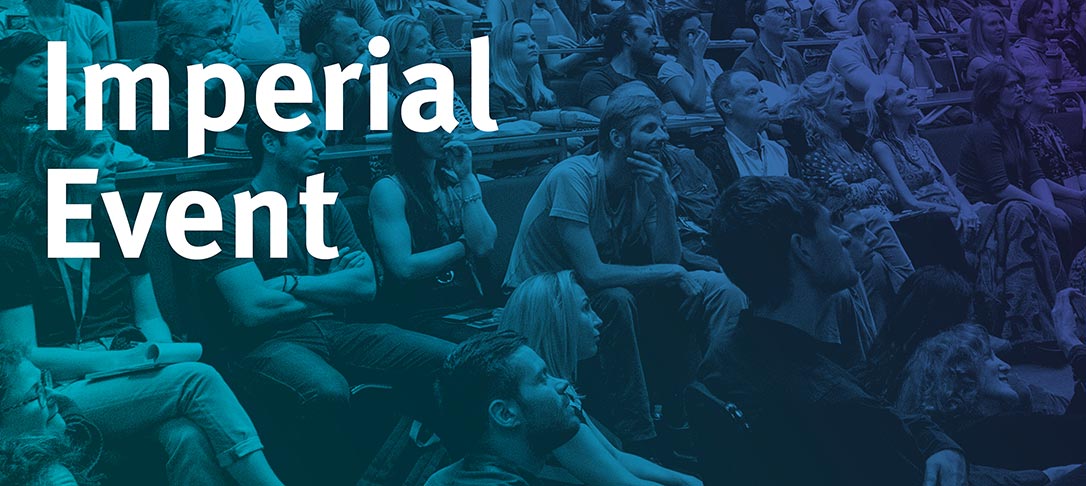
Schedule
14:00 – 15:00: Professor Martin Wegener (KIT) – Roton Metamaterials
15:00 – 15:30: Questions and Answers
15:30 – 16:30: Round Table on Future of Metamaterials
16:30 – 17:00: Break
17:00 – 18:00: Professor Tadashi Tokieda (Stanford) – Toy models
18:00 – 18:30: Questions and Answers
18:30 – 19:00: Closing Ceremony
Book of Abstracts
Professor Martin Wegener
Title: Roton Metamaterials
Abstract:
Based on the pioneering work of Lev Landau and Richard Feynman, rotons were observed in inelastic neutron scattering experiments on superfluid helium in 1961. For the roton dispersion relation, energy and momentum of the acoustical wave are proportional to each other for small momenta. For larger momenta, a (roton) minimum of energy versus momentum occurs. Rotons have also been investigated in other correlated quantum systems at low temperatures, such as quasi two-dimensional thin films of 3He, quantum Hall effect stripes in semiconductors, and Bose-Einstein condensates of atoms. In this talk, we present the physics and design of metamaterials showing roton dispersion relations under ambient conditions.
Professor Tadashi Tokieda
Title: Toy models
Abstract:
Would you like to come see some toys?
‘Toys’ here have a special sense: objects of daily life which you can find or make in minutes, yet which, if played with imaginatively, reveal surprises that keep scientists puzzling for a while.
We will see table-top demos of a diversity of such toys, in which we will notice new effects, from which we will try to extract some fresh, simple models. A common theme that emerges is singularity. (This was given as a public lecture at the International Congress of Mathematicians in Rio de Janeiro, 2018.)
Speaker Profiles
Professor Martin Wegener
After completing his Diplom and PhD in physics at Johann Wolfgang Goethe-Universität Frankfurt (Germany) in 1986 and 1987, respectively, he spent two years as a postdoc at AT&T Bell Laboratories in Holmdel (U.S.A.). From 1990-1995 he was professor (C3) at Universität Dortmund (Germany), since 1995 he is professor (C4, later W3) at Institute of Applied Physics of Karlsruhe Institute of Technology (KIT). Since 2001 he has a joint appointment as department head at Institute of Nanotechnology (INT) of KIT, since 2016 he is one of three directors at INT. From 2001-2014 he was the coordinator of the DFG-Center for Functional Nanostructures (CFN) at KIT. Since 2018 he is spokesperson of the Cluster of Excellence 3D Matter Made to Order. His research interests comprise ultrafast optics, (extreme) nonlinear optics, optical laser lithography, photonic crystals, optical, mechanical, electronic, and thermodynamic metamaterials, as well as transformation physics. This research has led to various awards and honors, among which are the Alfried Krupp von Bohlen und Halbach Research Award 1993, the Baden-Württemberg Teaching Award 1998, the DFG Gottfried Wilhelm Leibniz Award 2000, the European Union René Descartes Prize 2005, the Baden-Württemberg Research Award 2005, the Carl Zeiss Research Award 2006, the Hector Research Award 2008, the SPIE Prism Award 2014 for the start-up company Nanoscribe GmbH, the Stifterverband Science Award – Erwin-Schrödinger Prize 2016, and the Technology Transfer Prize of the German Physical Society (DPG) 2018. In 2014, 2015, 2016, 2017, 2018, and 2020 Clarivate Analytics listed him as “Highly Cited Researcher” (top 1%). He is Member of Leopoldina, the German Academy of Sciences (since 2006), Member of acatech, the National Academy of Science and Engineering (since 2019), Member of the Hector Fellow Academy (since 2013, presently also President), Fellow of the Max Plack School of Photonics (since 2019), Fellow of the Optical Society of America (since 2008), and Honorary Professor at Huazhong University of Science & Technology, Wuhan, China (since 2014).
Professor Tadashi Tokieda
Tadashi Tokieda grew up as a painter in Japan, became a classical philologist (not to be confused with philosopher) in France, before switching to mathematics and later physics. Having lived in 8 countries, he is now a professor of mathematics at Stanford; previously he worked for many years at Cambridge. He is also active in outreach in the developing world, especially via African Institute for Mathematical Sciences.


